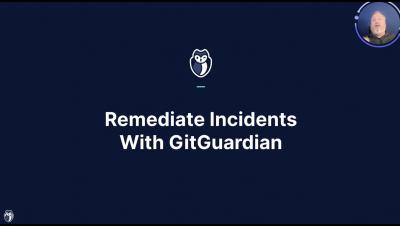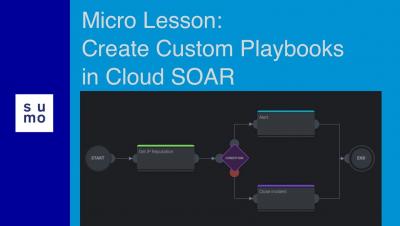Security | Threat Detection | Cyberattacks | DevSecOps | Compliance
Incident Response
5 Things to Know About Digital Forensics and Incident Response (DFIR)
Trustwave SpiderLabs is among the most well-respected teams in the cybersecurity industry, having gained a reputation for conducting cutting-edge research, plying the foggy corners of the darkweb for information, and detecting and hunting down threats. What is less well known is how Trustwave's SpiderLabs' various teams' function and then pull together to create the formidable force that is the backbone of all Trustwave's offerings.
GitGuardian Playbooks Overview
What Is an Incident Response Plan?
An incident response plan assigns responsibilities and lists procedures to follow if an event such as a breach were to occur. Having a plan put in place to handle cybersecurity incidents at your business can aid your business in identifying when a cyberattack is taking place, how to clean up the mess that an attack leaves and prevent an attack from happening again. Read on to learn why an incident response plan is needed, incidents that require response plans and more.











